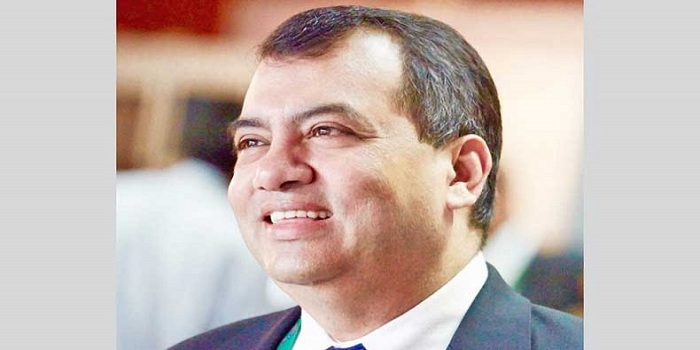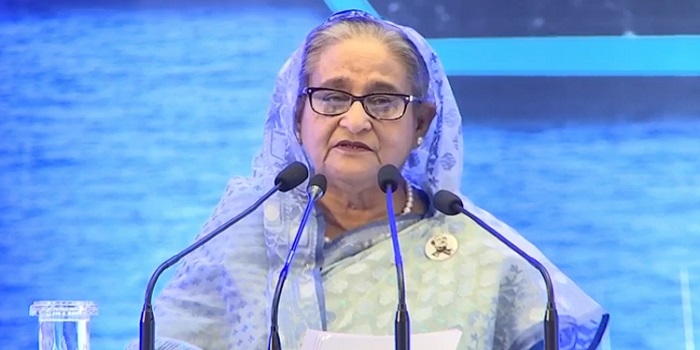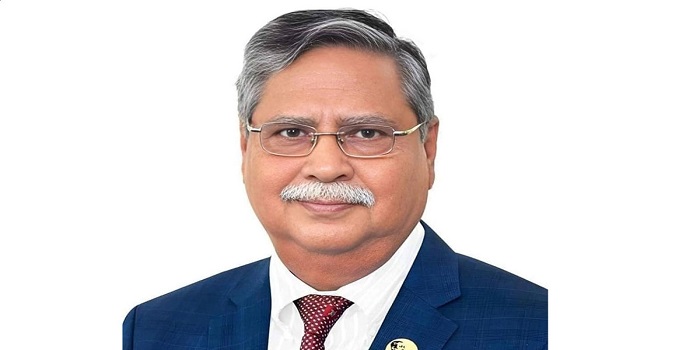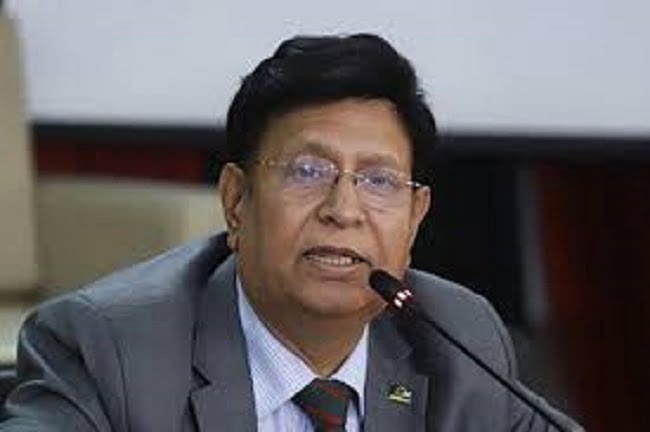PM to open South Asia’s largest single STP in Dhaka on Thursday
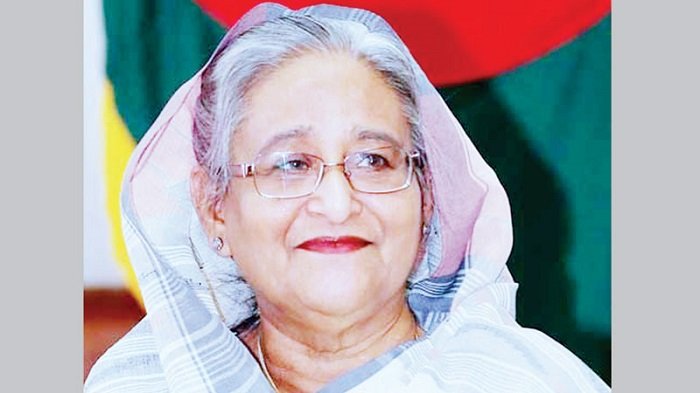
Prime Minister Sheikh Hasina will inaugurate the South Asia’s largest single sewage treatment plant (STP), having a capacity of treating 5 million sewage per day, in the city’s Khilgaon area tomorrow, which will save the rivers surrounding the capital from pollution, reports BSS.
“The Prime Minister will formally commission operation of the Dasherkandi Sewage Treatment Plant in Dhaka, first of its kind in the country on Thursday,” said Dhaka Water Supply and Sewerage Authority (WASA) Managing Director Taqsem A Khan.
Briefing newsmen about the plant at its office site in Dhaka’s Aftabnagar on Tuesday, he said the plant has the capacity of treating 5 million metric tons of sewage everyday which is 20 to 25 percent of the total sewage, weighing 2000 million metric tons, in the capital city.
The Dhaka WASA chief said they will build four more sewage treatment plants, one each in Pagla, Uttara, Rayerbazar and Mirpur areas in accordance with a master plan to treat 100 percent sewage of Dhaka by 2030, 90 percent of which through pipeline coverage and remaining 10 percent collecting from houses.
The plant helps implementing SDG Goal-6 by ensuring better waste management system across the country by 2030, he said, adding that Prime Minister Sheikh Hasina is the pioneer of bringing the country under a proper waste management system.
“Such kind of single sewage treatment plant is nowhere in the South Asia and it is the largest one in the region. This is the best one,” he said.
Taqsem said the plant is environment friendly, sustainable and people friendly.
“Treated water from sewage is falling into the water of Balu river which increase the quality of the river water and the water is as good as drinkable. It is possible to drink the water by treating that further,” he said.
The land acquisition for the Pagla Sewage Treatment Plant has already been completed while the process to acquire land for Rayerbazar is almost complete.
The Dhaka WASA boss said the fly ashes, by-product of the sewage, will be sold to the cement factories as those are required to produce cement, he said, adding that three cement factories are now taking the fly ashes on experimental basis and formal agreements will later be signed with them.
He said Dhaka WASA has digitized 70 percent of its activities in line with the government’s initiative to make Bangladesh Digital.
The Padma and Sayedabad Treatment plants have been made fully automated.
“We are companion of the government in its journey towards the highway of development,” he said.
Project Director Md Mohsin Ali Miah and Prime Minister’s Deputy Press Secretary Hasan Jahid Tusher were present during the briefing.
The Dasherkandi Treatment Plant, which falls within Khilgaon Police Station, is adjacent to Aftabnagar and will treat sewage of several areas of the capital, including Gulshan( part), Banani, Tejgaon, Niketon, Maghbazar, Malibah, Aftabnagar, Badda, Kalabagan, Panthapath, Dhanmondi (part) and Hatirjheel.
The China-funded project was implemented on about 62.2 acres of land at the cost of Taka 3,482.42 crore. Of the cost, Taka 1,106.42 crore came from the GoB fund, while Taka 10 crore from WASA fund and the remaining Taka 2,366 crore from the Export-Import Bank of China as project assistance.
The project has a sludge drying-burning system with a processing capacity of about 560 tons per day. The construction work started on August 1, 2017.
The project, designed and constructed by Chengdu Engineering Corporation under PowerChina, with one year of operations and maintenance, was handed over to WASA.
The Dasherkandi sewage treatment plant was constructed as part of the master plan taken up by WASA in 2013 to construct five treatment plants to prevent river pollution around Dhaka.
According to the project, a waste lifting station is being constructed on the west side of Rampura Bridge at Pragati Sarani, a five kilometer trunk sewer line from Rampura to Aftabnagar and Dasherkandi plant and the main treatment plant at Dasherkandi.



